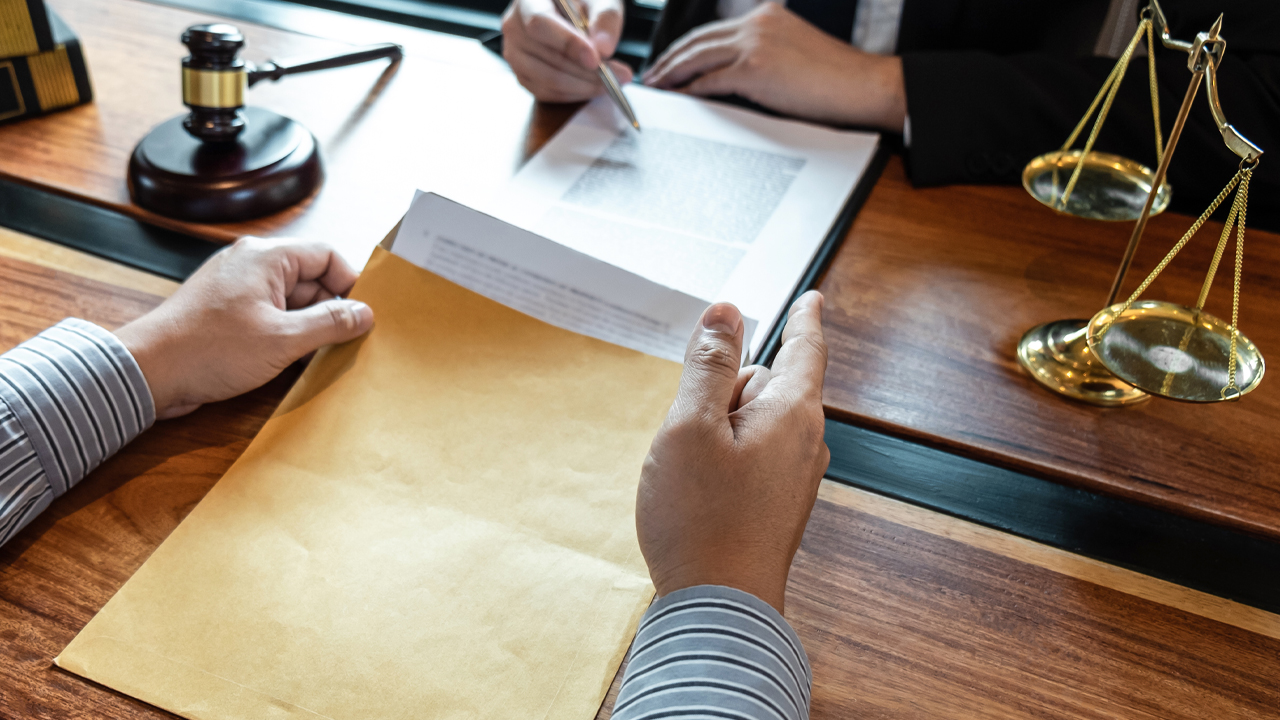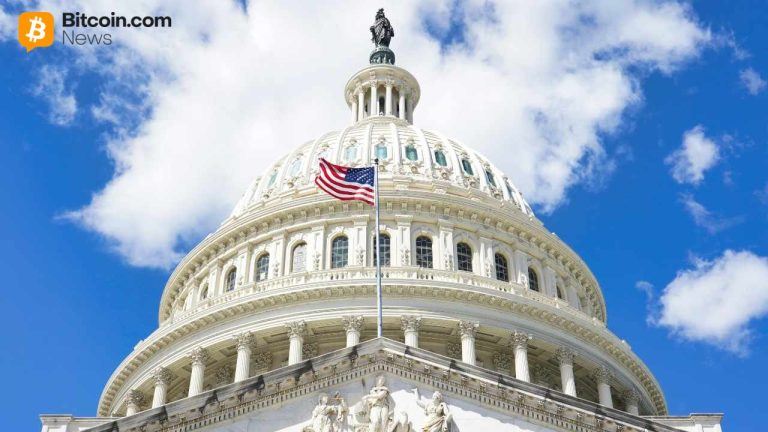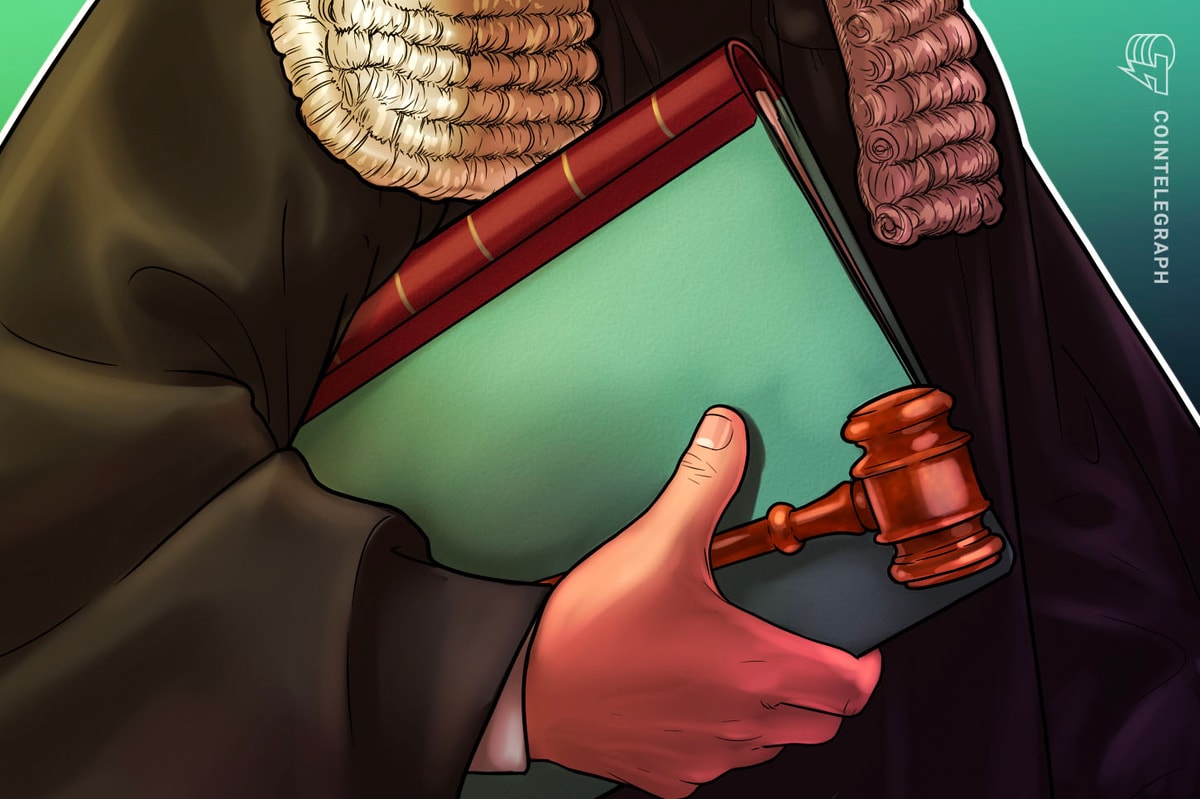Alameda Research Seeks $446 Million Over Alleged ‘Preferential Transfers’ to Voyager Digital – Bitcoin News
3 min read
On Monday, Alameda Research Ltd. filed a legal complaint against Voyager Digital LLC and HTC Trading Inc. in the U.S. bankruptcy court. The complaint alleges the defendants received preferential transfers of property from Alameda Research and the plaintiffs are seeking to recover approximately $445.8 million from Voyager and HTC.
Legal Battle Erupts Over Crypto Asset Transfers Reportedly Made by Alameda Research
A newly filed complaint in the FTX bankruptcy proceedings shows Alameda Research, the defunct quantitative trading firm created by Sam Bankman-Fried (SBF), is seeking close to $446 million from bankrupt exchange Voyager Digital and HTC Trading. Lawyers for Alameda claim the company paid off outstanding loans after Voyager filed for bankruptcy protection in July. The complaint also claims the transfers are recoverable as an administrative priority under sections 503 and 507 of the U.S. Bankruptcy Code.
“The collapse of Alameda and its affiliates amid allegations that Alameda was secretly borrowing billions of FTX-exchange assets is widely known,” the filing details. “Largely lost in the (justified) attention paid to the alleged misconduct of Alameda and its now-indicted former leadership has been the role played by Voyager and other cryptocurrency ‘lenders’ who funded Alameda and fueled that alleged misconduct, either knowingly or recklessly,” the complaint adds.
When Voyager filed for bankruptcy protection in July, it cited a loan default worth hundreds of millions from Three Arrows Capital. After Voyager’s bankruptcy, Sam Bankman-Fried and FTX claimed they could offer early liquidity to Voyager Digital’s customers in the proceedings. Then they detailed plans to purchase Voyager and its assets for $1.4 billion. Soon after, the Texas State Securities Board (TSSB) objected to FTX’s bid, stating the state securities commissioner needed to “determine whether FTX US is complying with the law.”
Alameda’s lawyers say in the filing that after the firm paid Voyager in crypto assets, it “had been unable to determine whether [Voyager] held a valid and effective lien or security interest.” The plaintiffs’ lawyers consider the transfers “preferential transfers” that were “avoidable.” Alameda insists it’s entitled to payment for the transfers, which it says were “made to or for the benefit of one or more of the defendants.”
What do you think about Alameda Research’s lawsuit against Voyager Digital and HTC Trading? Share your thoughts in the comments section below.
Image Credits: Shutterstock, Pixabay, Wiki Commons
Disclaimer: This article is for informational purposes only. It is not a direct offer or solicitation of an offer to buy or sell, or a recommendation or endorsement of any products, services, or companies. Bitcoin.com does not provide investment, tax, legal, or accounting advice. Neither the company nor the author is responsible, directly or indirectly, for any damage or loss caused or alleged to be caused by or in connection with the use of or reliance on any content, goods or services mentioned in this article.
Read disclaimer





